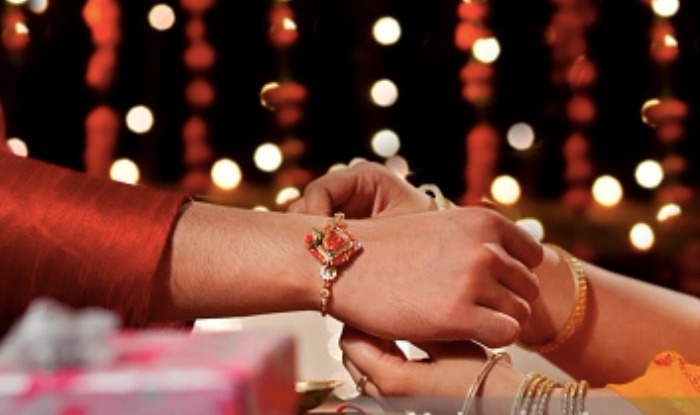
Photo : India.com
How are festivals important? Honestly, I do not know myself but I have many vague memories of festivals that I have seen. And the Hindi ‘tyohar’, the Bengali ‘porb’, the Kannada ‘habba’ and the Urdu ‘jashna’ bring the same pictures to my mind.
The smells of sweets and other dishes floating in the lane… Rope lights hung from the nameplates of shops… Shopkeepers have decorated the bazaar. People have decorated their homes. Glowing kandils of different shapes and sizes are beating the plain streetlights. Many people have gone away while others, equally cheerful are still arriving with gifts and small delightful children.
It is at this time that I tell myself, “Now it’s a festival.”
How many times has this happened to me? Once, twice… thrice… no, at least fourteen times. India is a country of festivals. Many people travel across hundreds of miles to meet their parents or families at this time. Festivals are a part of the normal life. People of all major religions reside here. Few dates on the calendar are not adorned with the name of one festival or the other. A lot of them are not even known to us. Still, how many are celebrated with so much pomp and show?
Yes, I love all festivals because the word itself is very sweet. But my favourite festival is Raksha-bandhan, the day of brothers and sisters celebrated on the full moon day of Shravan and known by several names such as Saluno, Silono and Rakri. Although few people are unaware of the main ritual of the festival I will still like to put it in few words.
A sister of any age ties an amulet on the wrist of her brother, investing him with a responsibility of protection if ever required. After getting married, women often travel back to their parental homes or are escorted by their brothers for the occasion.
However, these days many people do not have the time for this travelling. So a huge number of Rakhis are sent by parcel as well as e-rakhis through e-mails. Thus a part of the ritual has now become symbolical. Which is perfectly okay as a Rakhi in any form is still a Rakhi.
In a way, the festival also goes beyond the blood relations. Although cousin brothers and sisters have always followed this ritual, now a modified celebration has cut across caste and Hindu-Muslim divisions. This in itself is a huge step forward for the society that has always been divided on these lines.
One popular story goes that when Rani Karnavati of Chittor became widowed due to the invasion by the Sultan of Gujarat Bahadur Shah, she was failing to fight anymore. Then, she sent a Rakhi to king Humayun. He immediately set off with his troops to defend Chittor. However, as he arrived too late, the fortress had been already captured and the queen had performed Johar.
Although such instances have been questioned, it is the sentiment that remains in our hearts. Few cultures in the society celebrate this extremely special relationship. In a society where morals and family values are disappearing, festivals are our last hope of keeping them alive. Mostly these refer to the significance of sacrifice, selflessness and love.
Raksha-bandhan is also helpful for one kind of cottage industry. At this time, Rakhis of all shapes, sizes and colours flood the markets. Some of them are heavily decorated with beads, woolen flowers, etc. while others are lightweight and easy to parcel to your distant brothers.
Another thing that has come into trend is the DIY or Do-it-yourself Rakhi. Videos available on the net teach in simple steps how to make Rakhis on your own. Although not all of these can compete with the ones in the market, there is the satisfaction of doing it with one’s own hands. An art learnt.
Although there is still a lot to say about Rakhis, let us now return to the topic of the discussion. What is the importance of festivals in our lives? I think it is more than we imagine. Today our lives are filled with struggle and monotonous tasks. I am not saying that festivals can bring about some holistic difference in our general disposition. I am also not saying that there are no faults with the celebration of some festivals. For instance, ear splitting noise of drum, pollution from crackers during Diwali and drinking of bhang on Holi. Such practices have not only been accepted but also encouraged.
Still, if we make a few modifications then festivals are beautiful things on their own. Without them, it is difficult to imagine a single year or to make memories. The symbolical meanings go far beyond the simple etymology… Just as the thread, that bonds a brother and a sister with lots of love.
Author Bio: Ananya Aloke, 14 years old girl from Virar. The Winner of The International Essay Competition , October (School Level,Win a trophy, e-certificate and 20$ gift coupon ).


